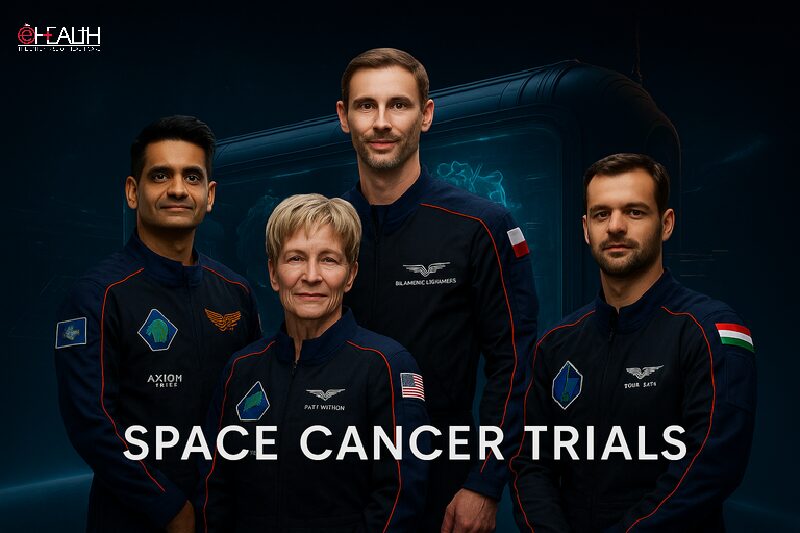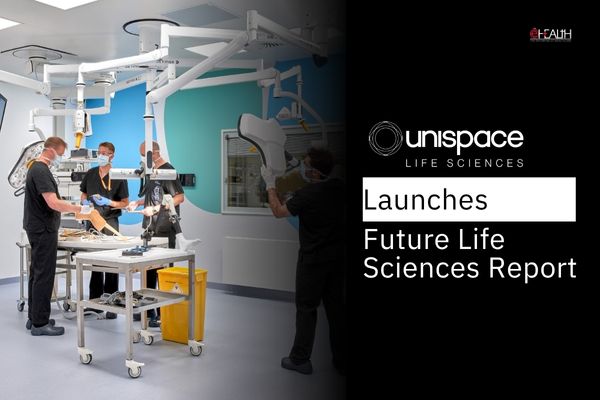Researchers have developed a new biochip technology, which could soon put a stop to the use of animals for testing in the chemical and cosmetics industries. It could also, severely restrain the use of animals in the development of new pharmaceuticals. The research was carried out at Rensselaer Polytechnic Institute, the University of California at Berkeley, and Solidus Biosciences Inc. The researchers have developed two biochips, the DataChip and the MetaChip, that combine to reveal the potential toxicity of chemicals and drug candidates on various organs in the human body, and whether those compounds will become toxic when metabolized in the body, all in one experiment without the use of live animals. Traditional toxicity testing involves the use of animals to predict whether a chemical or drug candidate is toxic. However, with the large number of compounds being generated in the pharmaceutical industry, and new legislation stipulating that chemicals undergo toxicity analysis, there is a rapidly emerging need for high-throughput toxicity testing. When the biochips are used together the result is a promising and affordable alternative to animal-based toxicology screening and a direct route to developing safe, effective drugs, according to a member of the Rensselaer Center for Biotechnology and Interdisciplinary Studies. Currently, detailed toxicity screening does not come into the drug discovery process until later in the development, when a company has invested significant time and money in a compound. And animal testing does not always provide information that translates to predicting the toxicity of a compound or its metabolites in a human. The collaborative team sees the combined chips as an efficient, more accurate way to test drug compounds for toxicity earlier in the discovery process. But, co-lead author and Solidus Biosciences co-founder Douglas S. Clark, professor of chemical engineering at the University of California at Berkeley, views pharmaceutical companies as only one potential user, and not necessarily the first. He further explains that the initial market will likely be chemical and cosmetic companies that are being pushed to eliminate animal testing or cannot afford such testing. In fact, by 2009 cosmetics companies in Europe will be restricted from using animals in testing for chemical toxicity. The team’s most recent achievement outlined in PNAS is the DataChip, a biochip comprising up to 1,080 three-dimensional human cell cultures. The three-dimensional structure is more closely in line with how the cells would be arranged in organs of the human body. The DataChip can provide companies or academic labs with an extremely fast screen of potential toxicity of chemicals and drug candidates on different types of human cells.

Be a part of Elets Collaborative Initiatives. Join Us for Upcoming Events and explore business opportunities. Like us on Facebook , connect with us on LinkedIn and follow us on Twitter , Instagram.
"Exciting news! Elets technomedia is now on WhatsApp Channels Subscribe today by clicking the link and stay updated with the latest insights!" Click here!
















